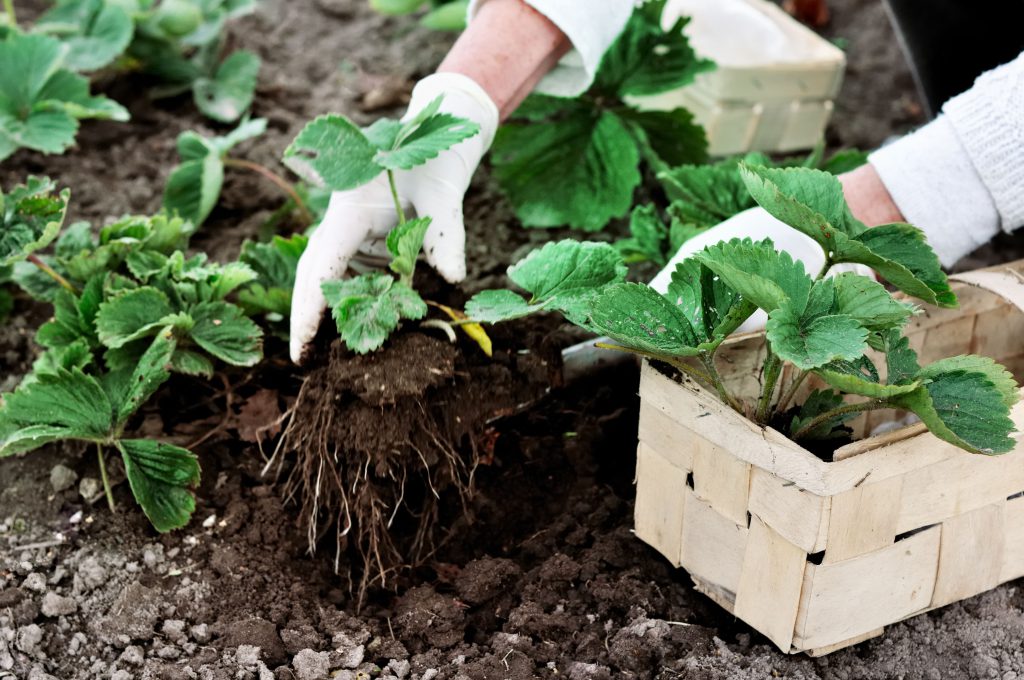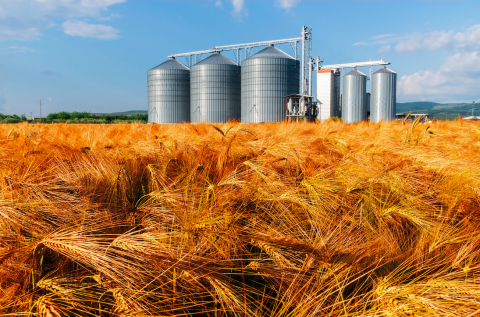Food Basket
Empowering Small-Scale Farmers
Oxfam South Africa is part of a conglomeration of non-governmental organisations focused on fighting poverty around the world. In this country, one method of doing so is through empowering farmers in rural communities. Mthandazo Ndlovu, head of the Democracy, Governance and Strategic Alliances Programme at Oxfam South Africa, believes in this cause and answers a few questions about it.
What issues do small-scale farmers face?
In essence, the issue is the marginalisation of small-scale farmers. [They] continue to face resource constraints, threats to land tenure, dwindling market access [while] transnational agribusiness corporations enjoy steadily growing revenues. Large supermarkets only buy about 10% of their fresh produce from fresh produce markets now – a major decline over the past decade.
What should these farmers do when they find they cannot sell to the larger retailers?
Foster links [with] informal traders. Informal traders can be an important and viable market for small farmers, rather than seeing the formal market, with big retailers as the main conduit to accessing that market, as the panacea for rural development and smallholder farming success. Small farmers are critical for maintaining a diverse, robust rural service economy, which can sustain small farmers and informal, smaller and independent traders, keep money within the local economy, and create jobs.
What legislation is in place to help women achieve economic prosperity, especially in this smaller agricultural sector?
South Africa has no clear legislation, policies and programmes dealing explicitly with empowerment of women in the agricultural sector. The role of the private sector, especially large-scale multinational corporations (MNCs) and their capture of the food value chain is a driving force behind economic, political and land inequality. This has serious implications especially for those living in poverty, in rural communities and the urban poor. Growing levels of inequality in South Africa, and many other emerging economies such as Brazil, India and Mexico, are expressed through food systems, affecting both the producers and consumers of food.
What is the Maputo Declaration, and where does South Africa stand in regard to it?
The African Union convened in Maputo in 2003 for the second session of its Assembly. One result of this is Declaration number 7, on agriculture and food security in Africa, commonly known as the Maputo Declaration.
The Department of Agriculture, Forestry and Fisheries (DAFF) is responsible for maintaining the general agricultural sector in South Africa. In its recent submission to the Parliamentary Portfolio Committee, DAFF concedes that its public expenditure pattern for the periods 2003/4 to 2013/14 is 1.8% of government expenditure, falling way below the 2003 Maputo Declaration.
You’ve stated that government needs to focus on public investment targeted at the needs of small-scale agricultural producers.
It is imperative to achieve pro-poor transformative policy outcomes that are a result of ongoing robust engagement with the governance functions and social and economic policies in urban South Africa. Macro-economic policy has largely failed to deliver the kind of transformation needed to reverse the legacy of apartheid.
Policy recommendations
Mthandazu Ndlovu provides several recommendations for policy changes with a focus on empowering small farmers. They include:
- Investment into research, and development in increased agro-biodiversity;
- Lobbying the media to expose and combat anti-competitive behaviours;
- Reviewing the practices of supermarkets;
- Developing supply chains that change the dynamics imposed by MNCs;
- Agrarian reform with a focus on public spending, which can then be channelled into the farming sector;
- Creating food distribution networks in rural areas so small-scale farmers can supply directly to local food markets (this can also take the form of supplying schools and prisons); and
- Providing small-scale farms with access to appropriate markets through technical support and extensions services that are not linked to private bodies.





 Sign-up and receive the Business Media MAGS newsletter OR SA Mining newsletter straight to your inbox.
Sign-up and receive the Business Media MAGS newsletter OR SA Mining newsletter straight to your inbox.